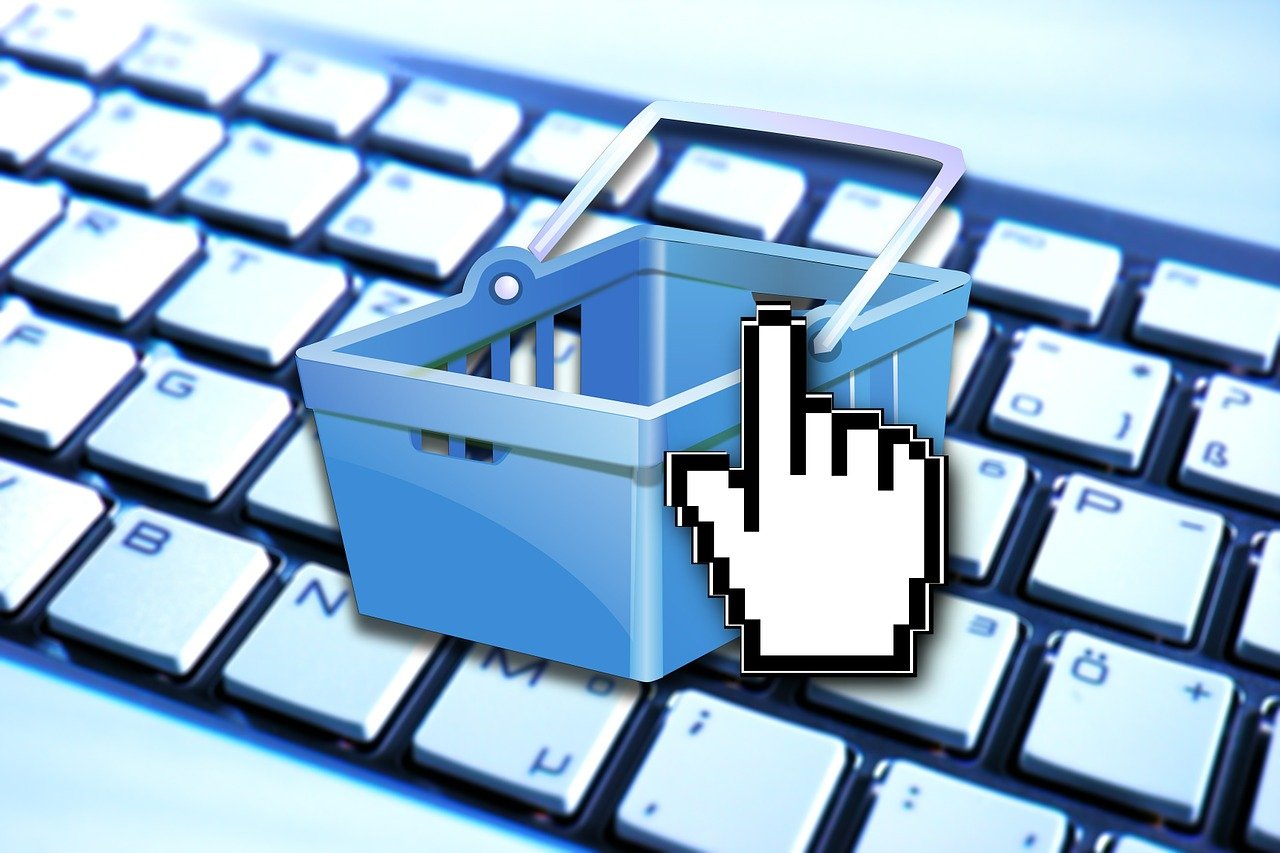How Artificial Intelligence is Revolutionizing the Retail Industry

Brief news summary
Artificial intelligence (AI) is transforming the retail industry by improving customer interactions, inventory management, and demand forecasting. Retailers use AI-powered recommendation systems to personalize shopping experiences, increasing customer satisfaction and sales. AI chatbots enhance real-time support by handling routine inquiries, freeing human agents for complex problems and boosting service quality and loyalty. Operationally, AI analytics optimize inventory management by predicting demand accurately, reducing stock issues and costs. New applications include virtual fitting rooms, dynamic pricing, fraud detection, and integrating IoT for smarter stores. As AI advances, it will enable more engaging, efficient, and customized shopping experiences, giving retailers a competitive edge. In summary, AI is a key driver of innovation and growth in global retail, making shopping more intuitive, convenient, and personalized.Artificial intelligence (AI) is transforming the retail industry by fundamentally changing how businesses engage with customers, manage inventory, and predict demand. Utilizing AI technologies, retailers are crafting highly personalized shopping experiences that boost customer satisfaction and drive sales growth. A key innovation introduced by AI in retail is the creation of intelligent recommendation systems. These systems analyze large volumes of customer data—including browsing history, purchase behaviors, and personal preferences—to offer customized product suggestions. This deep personalization not only helps customers find products they are more likely to purchase but also increases retailer revenue by raising average transaction values and encouraging repeat purchases. Beyond personalized recommendations, AI-powered chatbots have become vital for delivering real-time customer support. These virtual assistants efficiently address a broad spectrum of queries, from product details to order tracking and problem resolution. By automating routine customer service functions, chatbots improve service quality and efficiency, reduce wait times, and allow human agents to focus on more complex issues. This smooth interaction enhances customer loyalty and enriches the overall shopping experience. AI is also revolutionizing back-end retail operations.
Inventory management has seen major advances through AI-driven analytics and automation. Retailers use AI algorithms to continuously track stock levels, more accurately forecast product demand, and make smarter decisions regarding restocking and distribution. This results in optimal inventory turnover, fewer stockouts and overstock situations, and lower operational costs. AI-powered demand forecasting enables supply chains to be more agile and responsive to market changes and seasonal fluctuations, ultimately fostering greater profitability. As AI technology progresses, its influence in retail is set to grow. New AI applications include virtual fitting rooms using augmented reality to help customers visualize products, dynamic pricing models that adjust costs in real-time based on demand and competition, and advanced fraud detection systems to secure transactions. Additionally, integrating AI with Internet of Things (IoT) devices in stores can create smarter environments that automatically modify lighting, music, and promotions according to shopper behavior. The continuous advancement of AI in retail holds enormous promise not only for enhancing operational efficiency but also for delivering personalized, engaging shopping experiences aligned with modern consumers' expectations. Retailers adopting AI technologies are positioned to gain a competitive advantage in an increasingly digital marketplace, benefiting both their businesses and customers. Overall, artificial intelligence stands as a crucial driver of innovation and growth within the global retail sector, ushering in a future where shopping is more intuitive, convenient, and tailored to individual needs.
Watch video about
How Artificial Intelligence is Revolutionizing the Retail Industry
Try our premium solution and start getting clients — at no cost to you

I'm your Content Creator.
Let’s make a post or video and publish it on any social media — ready?
Hot news

AIMM: AI-Driven Framework for Detecting Social-Me…
AIMM: An Innovative AI-Driven Framework to Detect Social-Media-Influenced Stock Market Manipulation In today's fast-changing stock trading environment, social media has emerged as a key force shaping market dynamics

Exclusive: Filevine Acquires Pincites, AI-Powered…
Legal technology firm Filevine has acquired Pincites, an AI-driven contract redlining company, enhancing its footprint in corporate and transactional law and advancing its AI-focused strategy.

AI's Impact on SEO: Transforming Search Engine Op…
Artificial intelligence (AI) is rapidly reshaping the field of search engine optimization (SEO), providing digital marketers with innovative tools and new opportunities to refine their strategies and achieve superior results.

Deepfake Detection Advances with AI Video Analysis
Advancements in artificial intelligence have played a crucial role in combating misinformation by enabling the creation of sophisticated algorithms designed to detect deepfakes—manipulated videos where original content is altered or replaced to produce false representations intended to deceive viewers and spread misleading information.

5 Best AI Sales Systems That Convert Without Huma…
The rise of AI has transformed sales by replacing lengthy cycles and manual follow-ups with fast, automated systems operating 24/7.

Latest AI and Marketing News: Weekly Roundup (Dec…
In the swiftly evolving realm of artificial intelligence (AI) and marketing, recent significant developments are shaping the industry, introducing both new opportunities and challenges.

OpenAI sees better margins on business sales, rep…
The publication stated that the company enhanced its “compute margin,” an internal metric representing the portion of revenue remaining after covering the costs of operating models for paying users of its corporate and consumer products.
AI Company
Launch your AI-powered team to automate Marketing, Sales & Growth

and get clients on autopilot — from social media and search engines. No ads needed
Begin getting your first leads today








